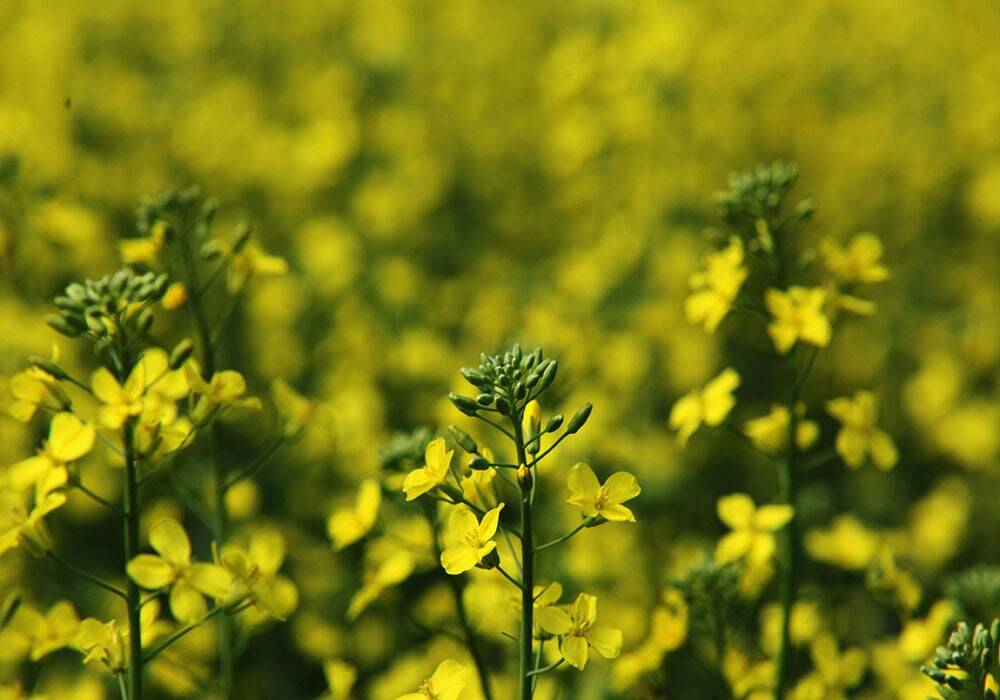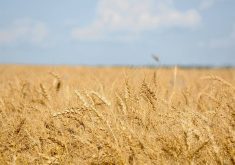(Resource News International) — Canada is believed to have exported feed wheat to South Korea, although confirmation was lacking.
It was reported by overseas exporters Wednesday that South Korea’s Major Feedmill Group bought a total of 110,000 tonnes of Canadian feed wheat in a tender at C$308.25 per tonne, with arrival by Feb. 10.
John Lyons, media liaison with the Canadian Wheat Board, would neither confirm nor deny the reported sale.
Canada had exported feed wheat to South Korea in 2009, he said, but would not comment on any new sales activity Wednesday.
Read Also

Canola industry pumped about 45Z clean fuel ruling in U.S.
Canada’s canola sector is pleased with the new 45Z guidance published by U.S. Treasury.
According to the Canadian Grain Commission, Canada shipped 22,800 tonnes to South Korea from Aug. 1 to Sept. 30 during the 2010-11 crop year, compared to 28,400 during the same time in 2009-10.
A total of 395,000 tonnes of Canadian wheat was shipped to South Korea during 2009-10, much higher than the 125,800 tonnes exported in 2008-09, the commission’s stats showed.
Mike Jubinville, an analyst with ProFarmer Canada in Winnipeg, said trading wheat to South Korea would be a large benefit to Canadian producers.
“If you can get trade to South Korea at a price that is competitive with corn, and still return to the farmer (or the board) a price that is as much as 50 cents to a dollar per bushel higher than what the domestic feed market is trading at these days, there is obvious incentive from the CWB to pursue this opportunity in Asia.”
With the wet growing season that was seen across the Canadian Prairies this year, a large amount of wheat was expected to grade as feed quality. Lyons said there was a considerable amount of feed wheat that will be able to be exported.
One of the reasons for South Korea’s need for feed wheat is an increase in the price for U.S. corn.
“U.S. corn is expensive, and its availability is limited as well,” Jubinville said. “Prices have been going up in an effort to slow demand.”
Earlier this month, South Korea contracted imports of corn around $311 per tonne, basis cost and freight. Both corn and wheat are used in animal feed.
Jubinville said there is a definite opportunity in South Korea.
“The market has a niche to excel. It all depends on how much the (CWB) decides to pursue it.”














